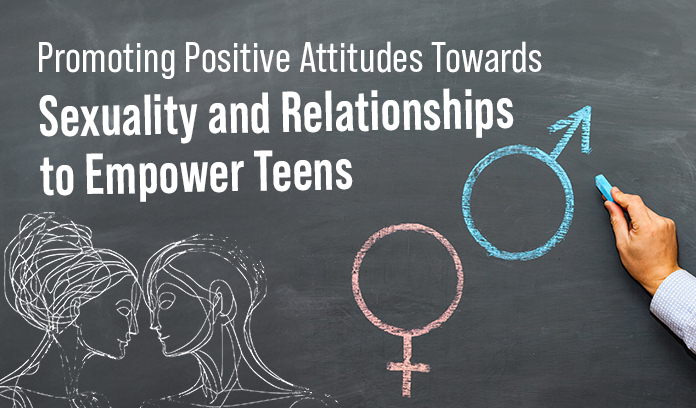Understanding the complex realm of sexuality is a fundamental aspect of human development, especially during the teenage years. Sex education in teens plays a crucial role in promoting healthy views on sex and relationships, equipping them with knowledge that empowers them to make informed decisions. In addition to encouraging positive attitudes towards relationships and intimacy, addressing topics like Erectile Dysfunction (ED) within relationships can ensure teens to face a range of real-life challenges.
Understanding the Importance of Sexuality Education
Sex education for teenagers is not just imparting biological facts but also takes into account physical, emotional, and social well-being. Comprehensive sexual education can provide teenagers with accurate human anatomy, reproduction, and contraceptive methods. By educating them about their bodies, these programs can empower teens to make informed choices, prevent unwanted complications, and protect themselves from sexually transmitted infections (STIs).
Promoting Healthy Views on Relationships
A significant aspect of sex education is promoting healthy views toward relationships. Teenagers need guidance on consent, communication, and emotional readiness when it comes to intimate relationships. Positive relationship skills can be developed through education that emphasizes respect for one another, open communication, and the importance of setting personal boundaries. Teenagers are better prepared to establish connections based on trust and empathy when they learn to prioritize respect and communication in their relationships.
Addressing Erectile Dysfunction in Relationships
Addressing erectile dysfunction (ED) is essential when it comes to healthy sexual intimacy. ED is the inability to sustain a satisfying erection and it isn’t limited to older adults – it can affect teens too. By including this topic in sex education, youth are better prepared for potential relationship challenges and can better understand the underlying factors connected to the condition.
Including ED in education can give teens a comprehensive grasp of its physical and psychological triggers.Exposing potential causes like stress, anxiety, or health issues can prepare them to sensitively address the problem and support partners going through such hurdles.
Additionally, discussing ED within relationships encourages honest communication. Teenagers can learn that ED is a medical condition that can be treated with support rather than a reflection of their worth. Encouraging empathy prepares teenagers to deal with challenges in relationships that are beyond their control.
In conclusion, sex education empowers teens, fostering responsible attitudes and informed decisions when it comes to facing challenges in relationships. By discussing complex topics like ED, they will be well-prepared for the complexities of adult relationships.

